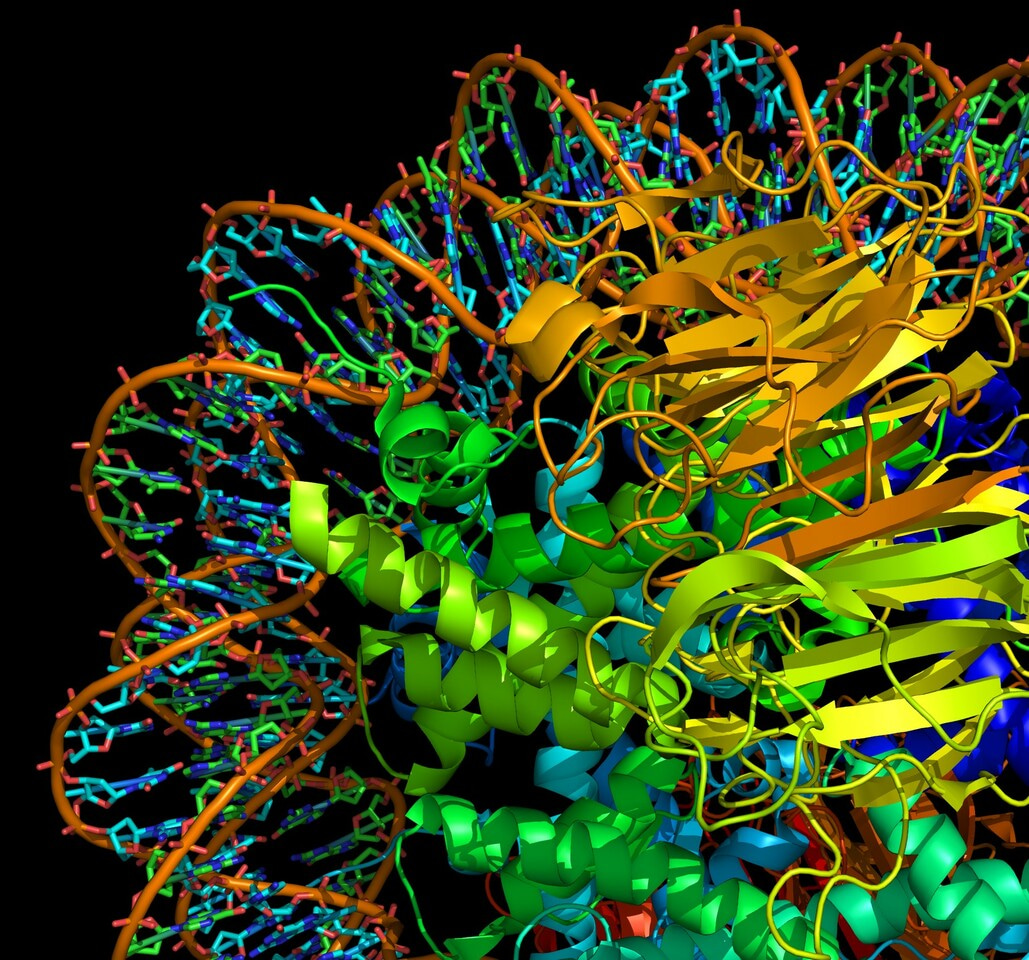Special Issue: Cancer Epigenetics

Over the past few decades, epigenetic regulators have emerged as major players in cellular processes that drive cancer initiation and progression, and subsequently modulate the responsiveness of cancers to therapeutic agents. In the latest Special Issue of The FEBS Journal, Cancer Epigenetics, you can find an exciting collection of review articles that focus on the functions of a broad spectrum of epigenetic modulators in cancer. The diverse topics explored herein range from the roles of transposable elements and chromatin architecture in cancer and the most recent research advances on cancer-associated histone variants (oncohistones), to the effects of altered epigenetics on transcription and advanced cancer cell phenotypes. Moreover, the prospective key function of cancer metabolism in linking epigenetics and transcriptional regulation, and the potential of epigenetics for targeted cancer therapeutics is discussed. We hope that this collection of articles will give readers an enlightening overview of the most recent advances in the fast-moving field of cancer epigenetics.
In this introductory Editorial, The FEBS Journal Editorial Team provide a comprehensive summary of the content of the reviews included in the Special Issue.
We hope that experts and newcomers to the field alike will find the review content presented here interesting and timely. Many thanks to all the authors for their remarkable contributions to this Special Issue on Cancer Epigenetics.
On the cover: A model of a nucleosome: strands of DNA are coiled around proteins to form a nucleosome core particle. Image source: Shutterstock (ID: 60972856) and contributor: ibreakstock.
References:
- Skourti E, Dhillon P. Cancer epigenetics: promises and pitfalls for cancer therapy. FEBS J. 2022; 289: 1156– 9.
- Grundy EE, Diab N, Chiappinelli KB. Transposable element regulation and expression in cancer. FEBS J. 2022; 289: 1160– 79.
- Chiariello AM, Bianco S, Esposito A, Fiorillo L, Conte M, Irani E, et al. Physical mechanisms of chromatin spatial organization. FEBS J. 2022; 289: 1180– 90.
- Noberini R, Robusti G, Bonaldi T. Mass spectrometry-based characterization of histones in clinical samples: applications, progress, and challenges. FEBS J. 2022; 289: 1191– 213.
- Feng S, De Carvalho DD. Clinical advances in targeting epigenetics for cancer therapy. FEBS J. 2022; 289: 1214– 39.
- Edginton-White B, Bonifer C. The transcriptional regulation of normal and malignant blood cell development. FEBS J. 2022; 289: 1240– 55.
- Di Tullio F, Schwarz M, Zorgati H, Mzoughi S, Guccione E. The duality of PRDM proteins: epigenetic and structural perspectives. FEBS J. 2022; 289: 1256– 75.
- Siklos M, Kubicek S. Therapeutic targeting of chromatin: status and opportunities. FEBS J. 2022; 289: 1276– 301.
- Morrison AJ. Cancer cell metabolism connects epigenetic modifications to transcriptional regulation. FEBS J. 2022; 289: 1302– 14.
- Deshmukh S, Ptack A, Krug B, Jabado N. Oncohistones: a roadmap to stalled development. FEBS J. 2022; 289: 1315– 28.
- Nachiyappan A, Gupta N, Taneja R. EHMT1/EHMT2 in EMT, cancer stemness and drug resistance: emerging evidence and mechanisms. FEBS J. 2022; 289: 1329– 51.
- Pedri D, Karras P, Landeloos E, Marine JC, Rambow F. Epithelial-to-mesenchymal-like transition events in melanoma. FEBS J. 2022; 289: 1352– 68.





Join the FEBS Network today
Joining the FEBS Network’s molecular life sciences community enables you to access special content on the site, present your profile, 'follow' contributors, 'comment' on and 'like' content, post your own content, and set up a tailored email digest for updates.